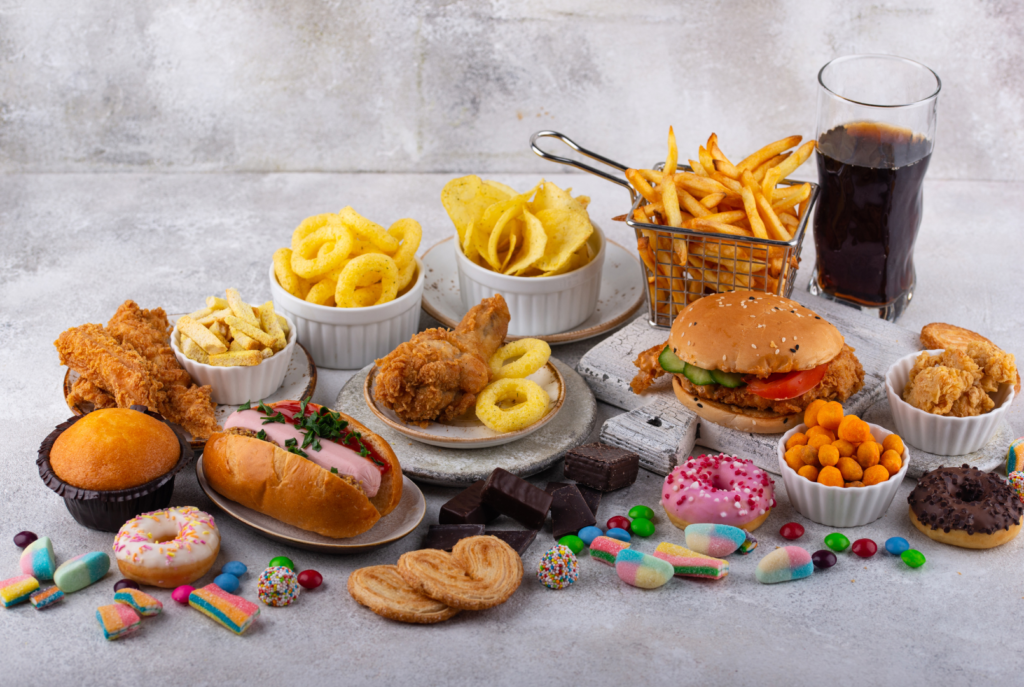
Introduction
While food is our primary source of energy and nutrients, the way we combine certain foods can significantly impact our health. Some combinations enhance nutrient absorption and promote efficient digestion, but others can lead to bloating, reduced nutrient absorption, and other digestive issues. In this blog, we’ll explore some common food combinations that may be harmful, explain why they can negatively affect your health, and offer practical tips to help you make healthier food pairing choices.
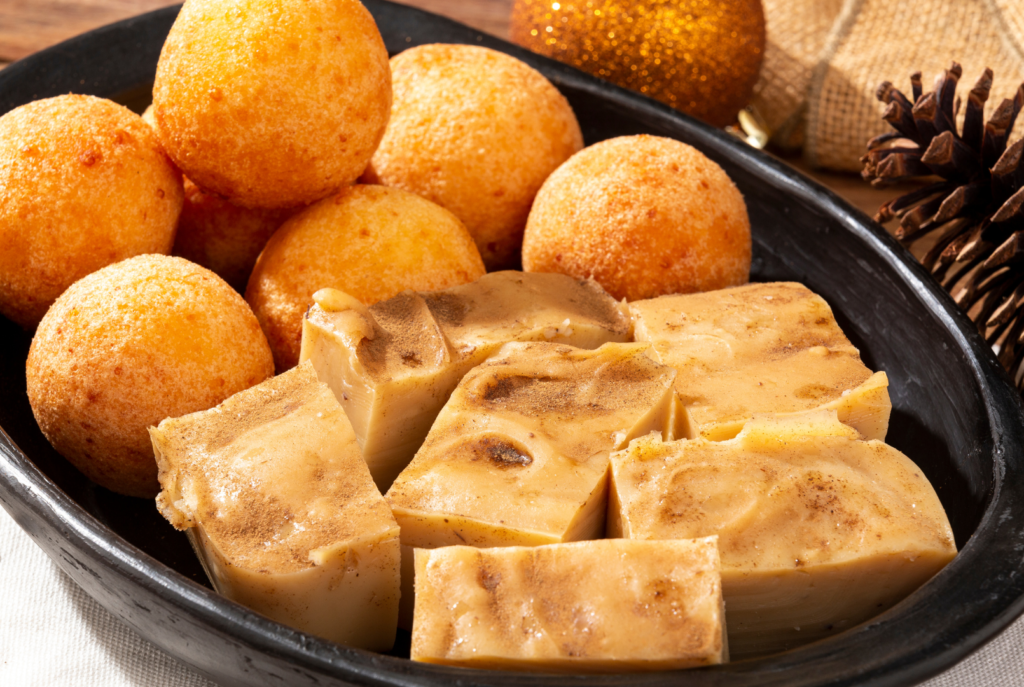
What Are Bad Food Combinations?
The concept of “bad food combinations” is often debated, with varying opinions and limited scientific evidence. However, some combinations are generally considered less ideal due to potential digestive discomfort or nutrient absorption issues.
Impact of Harmful Food Combinations on Health
Bad food combinations refer to pairing foods that have conflicting digestive requirements or nutrient interactions. When certain foods are combined, they can impede digestion, reduce nutrient absorption, and even lead to digestive issues over time. Here are the most common food combinations to avoid:
1. Iron and Calcium
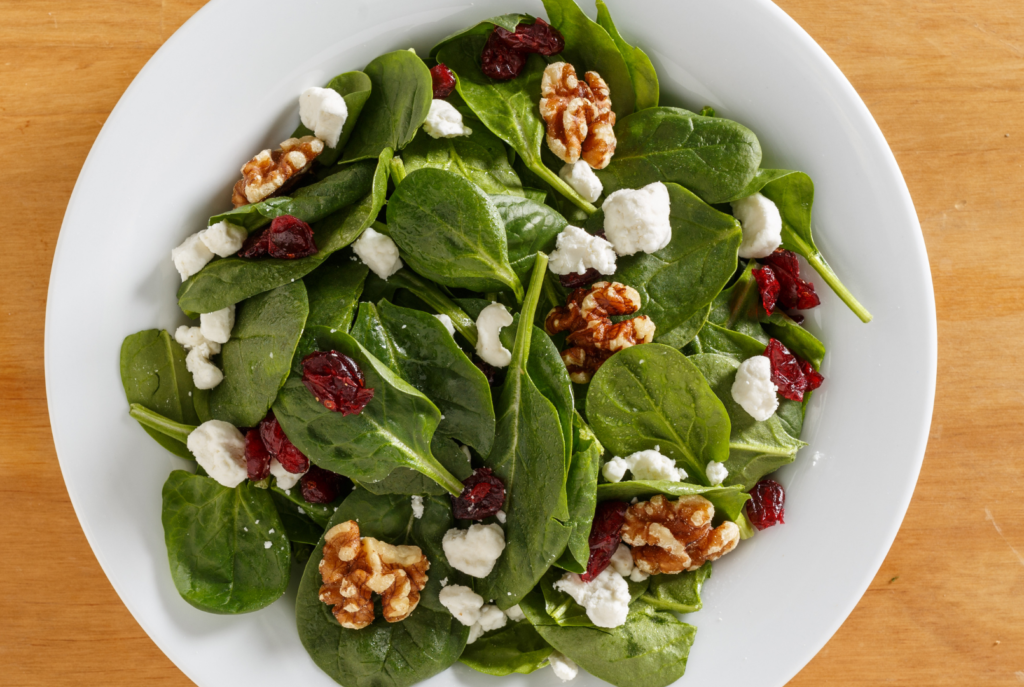
- Example: Spinach salad with dairy products like milk or cheese.
- Why It’s Harmful: Both iron and calcium are essential minerals, but consuming them together can hinder iron absorption. Explore 7 Iron-Rich Foods Every Woman Needs
- Impact: Consuming calcium-rich foods alongside iron can lead to iron deficiency over time, especially for people with higher iron needs, such as pregnant women or individuals with anemia.
2. Protein and Starch Combination
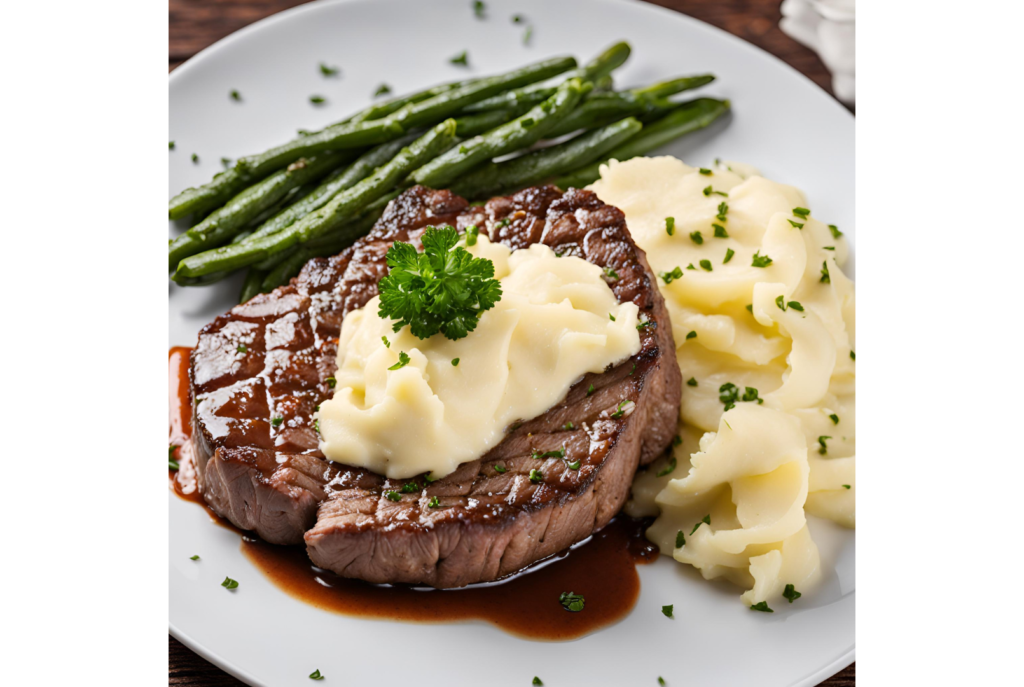
- Example: Beef steak with mashed potatoes.
- Why It’s Harmful: Proteins require an acidic environment to digest, while starches need an alkaline one. When eaten together, they may neutralize the stomach’s environment, slowing digestion.
- Impact: This combination can result in bloating, gas, and indigestion, as the conflicting digestive requirements slow down the overall process.
3. Fruits and Meals
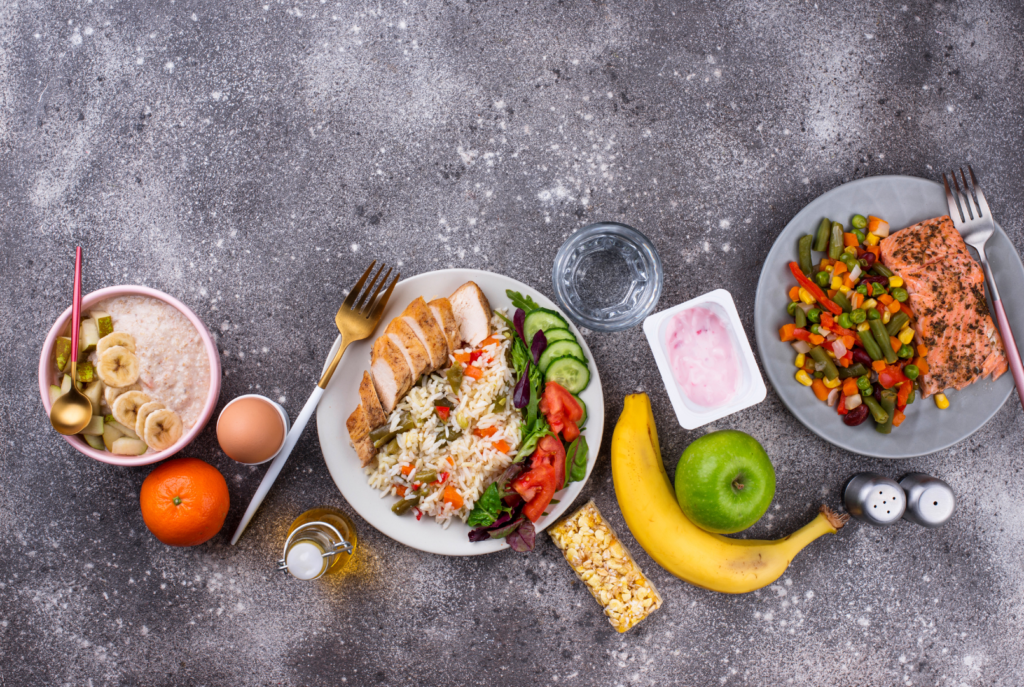
- Example: Fruit salad eaten after a protein-heavy dinner.
- Why It’s Harmful: Fruits digest quickly but can start to ferment in the stomach if held up by slower-digesting foods. This fermentation process can cause bloating and the buildup of gas. Here are 6 Incredible Foods for Better Digestion After Meals.
- Impact: Delayed digestion of fruits can lead to digestive discomfort and reduced nutrient absorption from the fruit.
4. Caffeine with Meals
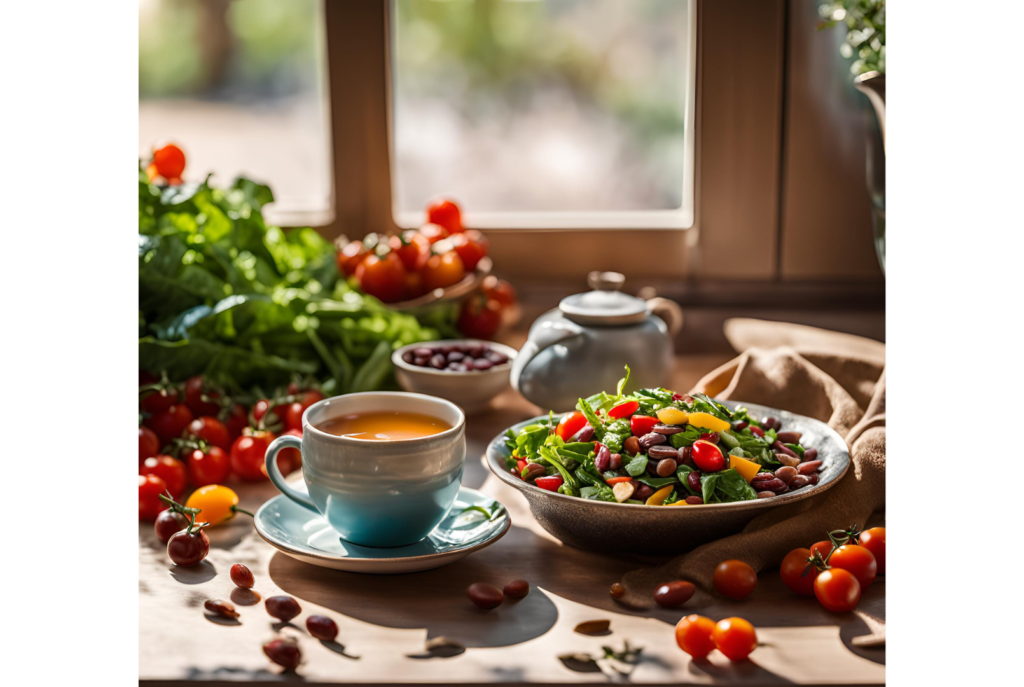
- Example: Coffee or tea with an iron-rich meal, like lentils or beans.
- Why It’s Harmful: Caffeinated drinks contain tannins and polyphenols that bind to minerals, especially iron, calcium, and magnesium, reducing their availability for absorption in the gut.
- Impact: This reduces the absorption of essential minerals, potentially contributing to deficiencies over time, especially in those who already have low iron levels.
5. Fats and Simple Carbohydrates
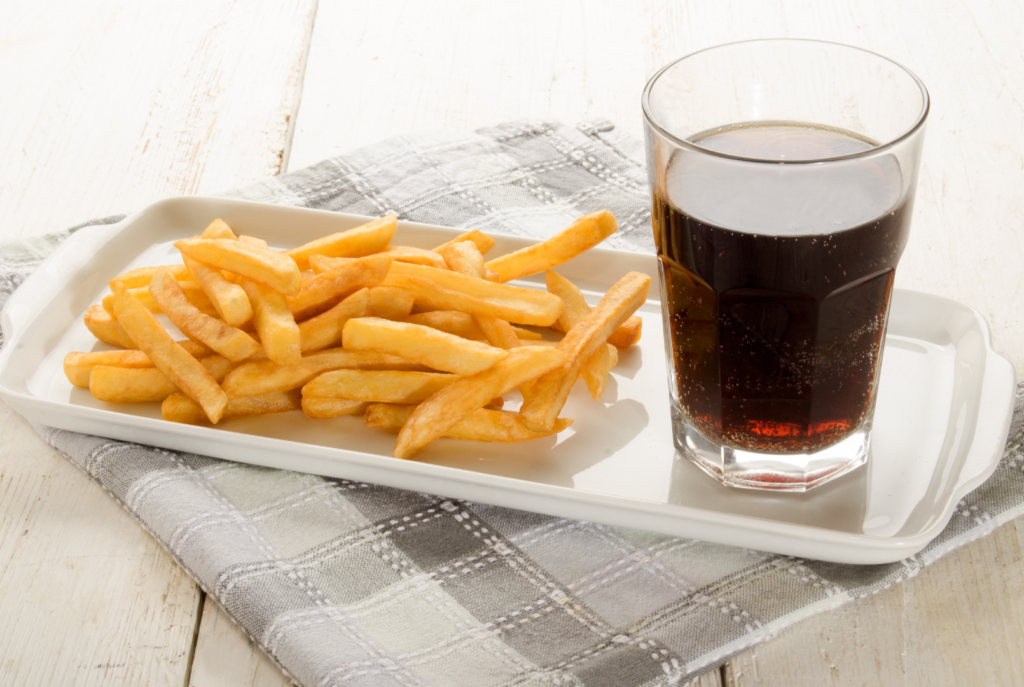
- Example: French fries with a sugary soft drink.
- Why It’s Harmful: Fats slow down digestion, while simple carbohydrates are quickly absorbed, creating an imbalance. This results in rapid blood sugar spikes followed by crashes, which can promote insulin resistance and weight gain.
- Impact: The imbalance in energy levels can lead to fluctuating blood sugar and long-term metabolic issues.
6. High-Fiber Foods and Zinc-Rich Foods
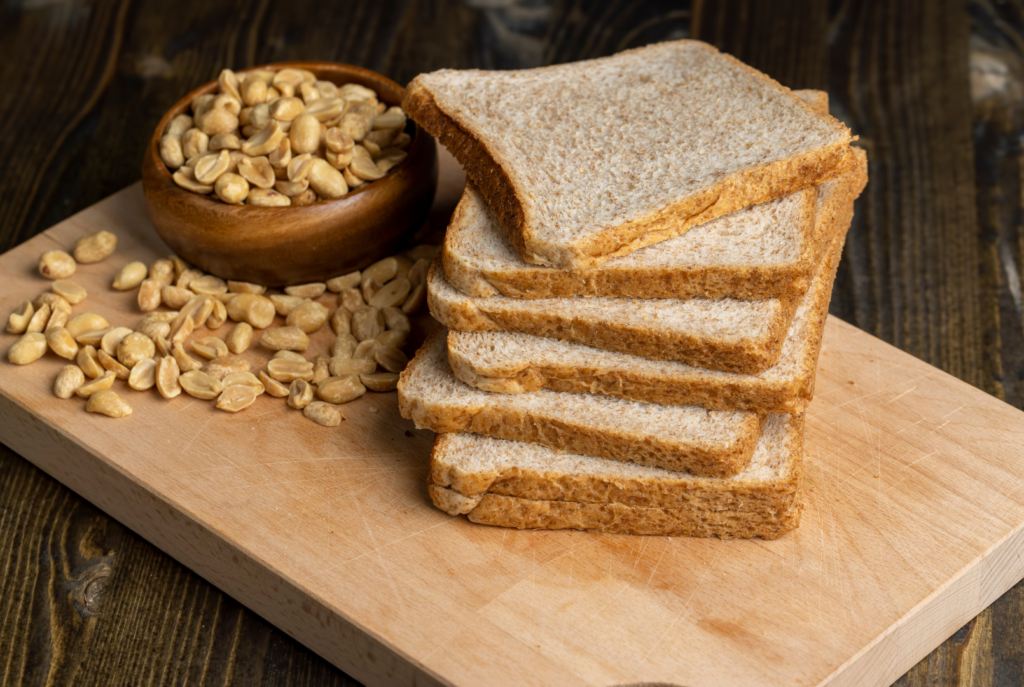
- Example: Wheat bran with oysters.
- Why It’s Harmful: Fiber is essential for digestion, but in excess, it can reduce zinc absorption. Learn seasonal healthy eating tips in our Winter Wellness Guide
- Impact: Low zinc absorption over time can weaken immunity and impair wound healing.
7. Tomatoes with Starch
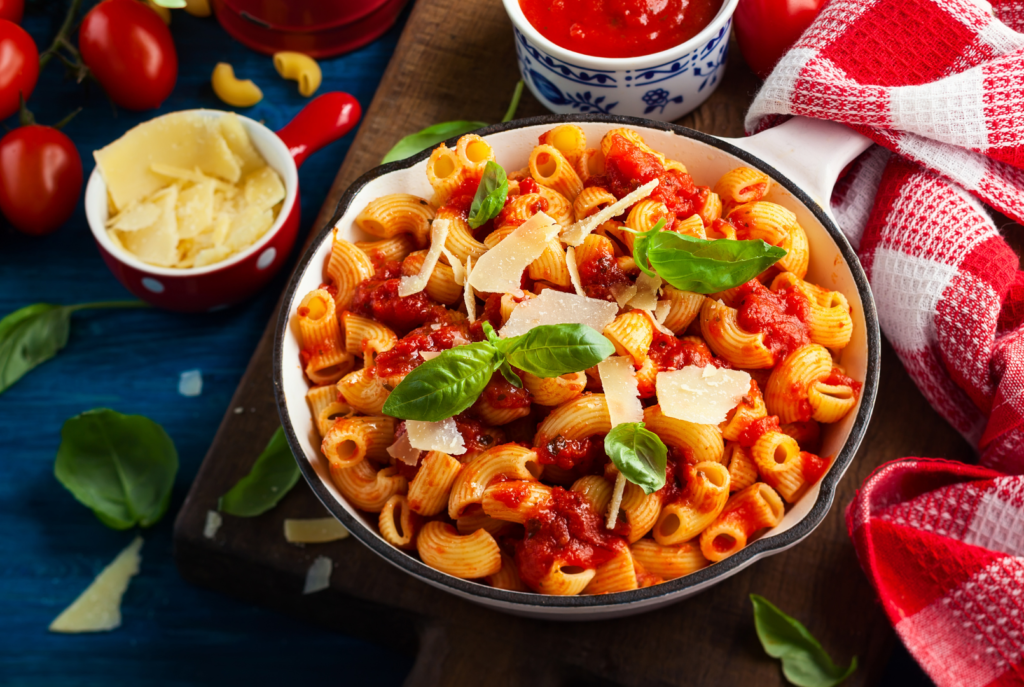
- Example: Tomato sauce with pasta or bread.
- Why It’s Harmful: The acidity in tomatoes can interfere with starch digestion, leading to fermentation in the stomach.
- Impact: This combination often results in gas, bloating, and slower digestion of carbohydrates, making it harder to break down starch-rich meals.
8. Milk with Fruits (Especially Citrus)
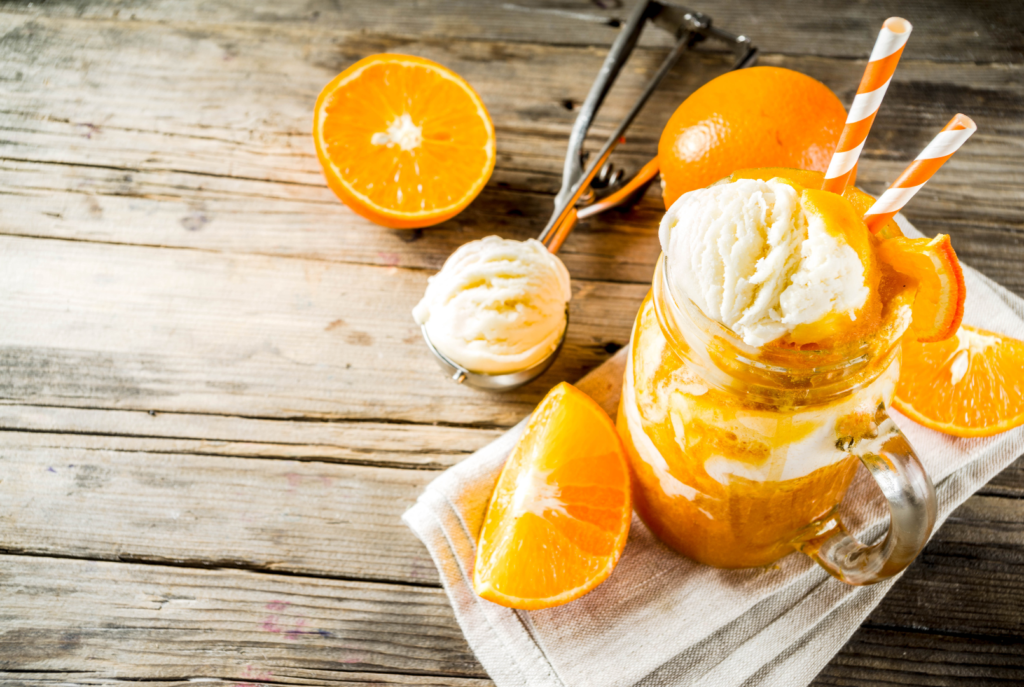
- Example: A milkshake made with citrus fruits like oranges.
- Why It’s Harmful: The acidity in citrus fruits curdles milk in the stomach, making it harder to digest and potentially causing bloating or gas. Additionally, milk proteins may not be fully absorbed.
- Better Option: Pair milk with dates or nuts for smoother digestion and improved nutrient absorption.
9. Alcohol and Protein-Rich Foods
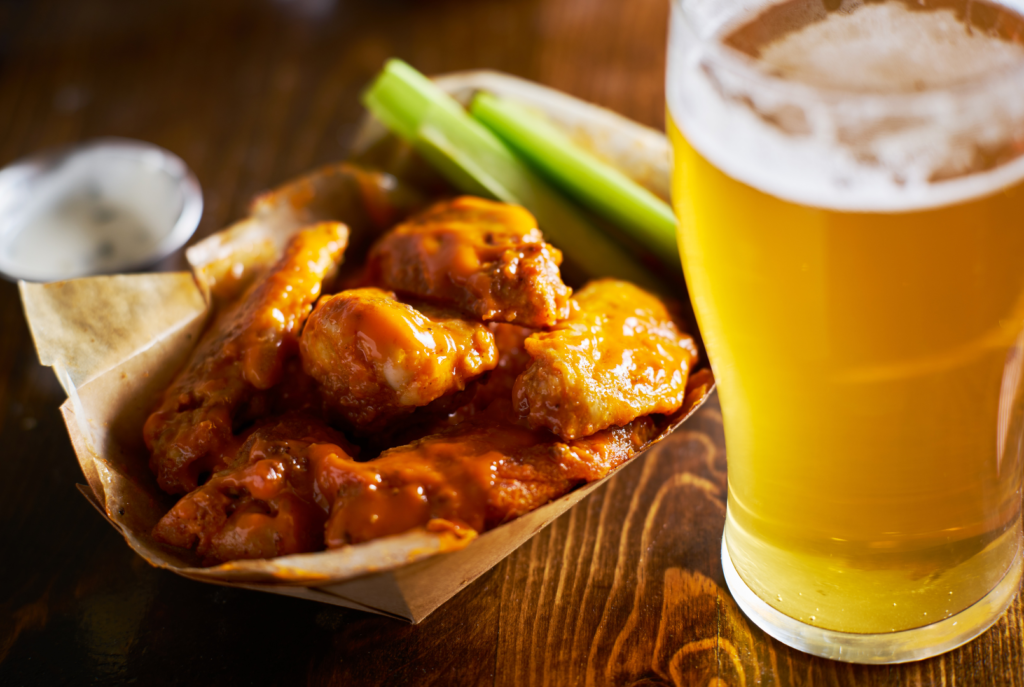
- Example: Steak paired with wine.
- Why It’s Harmful: Alcohol slows down the production of digestive enzymes, hindering protein digestion. This combination places additional stress on the liver.
- Impact: This can lead to bloating, indigestion, and even reduced nutrient absorption due to impaired digestion.
10. Meat and Dairy Together
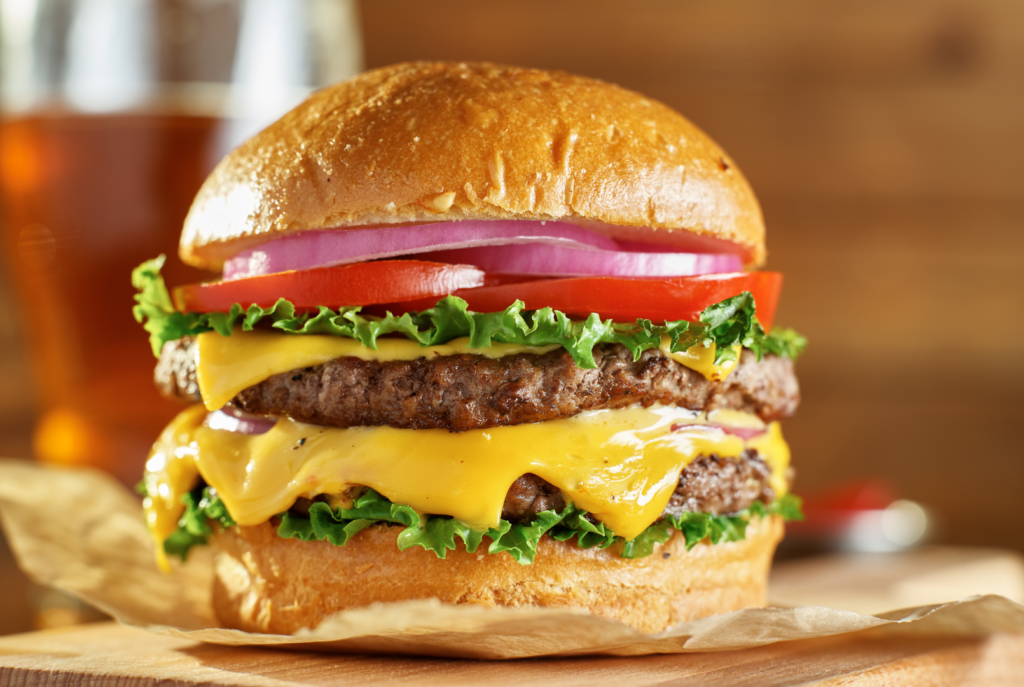
- Example: Cheese burger with a beef patty.
- Why It’s Harmful: Meat and dairy both require significant digestive effort. Proteins in meat need an acidic environment, while the fats in dairy can slow down digestion. Combining the two may lead to digestive strain and delay the breakdown of food.
- Impact: This combination can cause bloating, indigestion, and make it harder for the stomach to efficiently process proteins and fats, leading to digestive discomfort and nutrient malabsorption.
11. Spicy Foods and Dairy
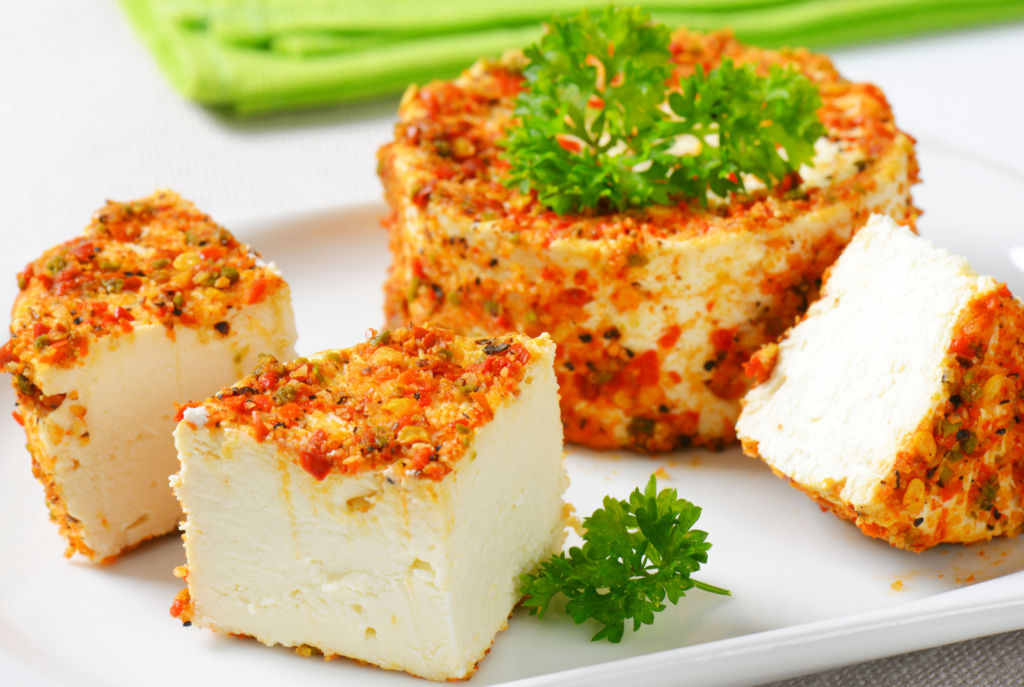
- Example: Spicy curry paired with a glass of milk.
- Why It’s Harmful: Spicy foods can irritate the stomach lining, especially in people with sensitive digestive systems. Dairy, despite its cooling effect, can sometimes aggravate irritation due to its fat content, which slows digestion.
- Impact: This combination may lead to stomach discomfort, bloating, and, in some cases, exacerbate acid reflux, making the irritation from spicy foods more pronounced.
12. Carbonated Drinks and Fried Foods

- Example: Soda with fried chicken or French fries.
- Why It’s Harmful: Carbonated drinks are acidic and can lead to gas buildup, while fried foods are heavy and slow to digest. Together, they can oexcessive strain on the digestive system.
- Impact: This combination often results in bloating, indigestion, and gas, as the stomach struggles to digest both the carbonation and high-fat content simultaneously, which may lead to discomfort and sluggish digestion.
By being mindful of these combinations, you can reduce digestive strain, improve nutrient absorption, and enjoy meals with fewer digestive issues.
Tips to Avoid Harmful Food Combinations
- Combine Iron with Vitamin C: Instead of pairing iron and calcium, consume iron-rich foods with vitamin C sources (such as lemon juice) to improve iron absorption.
- Enjoy Fruits Alone: Have fruits as snacks or on an empty stomach rather than with main meals to prevent fermentation in the stomach.
- Limit Caffeine at Mealtimes: Avoid consuming coffee or tea with meals to maximize mineral absorption; instead, drink them between meals.
- Swap Sugary Drinks for Water with Fatty Foods: Choose water or unsweetened beverages when eating fatty foods to avoid energy spikes and crashes.
- Pair Protein with Non-Starchy Vegetables: Proteins combine better with non-starchy vegetables, which are easier to digest alongside protein compared to starches.
- Space Out High-Fiber and Zinc-Rich Foods: Consume high-fiber foods and zinc-rich foods at different times to maximize zinc absorption.
Conclusion
Understanding how different foods interact within the digestive system can significantly improve your health. By avoiding certain food combinations, you enhance nutrient absorption, reduce digestive discomfort, and promote overall well-being. Dt. Anup Agharwal recommends experimenting with balanced food combinations that keep you energized without causing digestive issues. Making mindful food pairings can improve digestion and nutrient uptake, supporting long-term health and vitality.
Using these insights, you can make healthier food choices that promote better digestion and optimize nutrient absorption for a more balanced lifestyle.
FAQs
1. Why are some food combinations considered harmful?
A. Some foods, when combined, create conflicting digestive environments or compete for nutrient absorption, which can lead to digestive discomfort, reduced nutrient absorption, and other health issues.
2. What happens if I eat iron and calcium-rich foods together?
A. Iron and calcium compete for absorption in the intestines. Consuming them together can limit iron absorption, potentially leading to deficiencies, especially for those with higher iron needs.
3. Can eating fruit after a meal cause digestive issues?
A. Yes, fruits digest quickly, and if eaten after a slower-digesting meal, they can ferment in the stomach, causing gas, bloating, and discomfort. It’s often best to eat fruits alone or as a snack between meals.
4. Why should I avoid drinking caffeine with meals?
A. Caffeine-rich drinks, like coffee or tea, contain compounds that can bind to minerals (such as iron and calcium), reducing their absorption in the body. Drinking caffeine between meals may help prevent this.
5. Are spicy foods and dairy a bad combination?
A. Yes, spicy foods can irritate the stomach lining, and dairy, while sometimes soothing, may actually aggravate this irritation due to its fat content, which slows digestion and may lead to discomfort.
6. What issues can arise from combining carbonated drinks with fried foods?
A. Carbonated drinks introduce gas and acidity, while fried foods are heavy and slow to digest. Together, they can cause bloating, indigestion, and gas by overloading the digestive system.
7. Is it okay to eat dairy with citrus fruits?
A. No, citrus fruits’ acidity can curdle dairy in the stomach, making it harder to digest and leading to bloating and discomfort. A better pairing for milk would be non-acidic foods like dates or nuts.
8. How can combining fats and simple carbs affect my health?
A. Fats slow down digestion, while simple carbs lead to a rapid increase in blood sugar. Together, they can cause energy spikes and crashes, contributing to weight gain and insulin resistance over time.
9. Why should tomatoes and starches not be eaten together?
A. The acidity in tomatoes can interfere with the digestion of starches, potentially leading to fermentation in the stomach and causing bloating, gas, and slower digestion.
10. Can I have alcohol with protein-rich foods?
A. While it’s common to pair alcohol with meals, it may slow down protein digestion by reducing enzyme production. This combination can lead to bloating, indigestion, and may place additional strain on the liver.

🎯 10+ years of Experience
🎓 10k+ Trained ( 📍 Jaipur )
💪 Helping change people’s lives
🌿 Most trusted lifestyle counselor